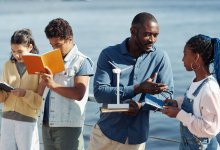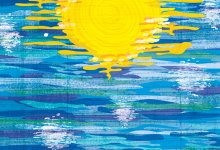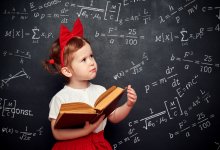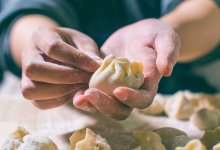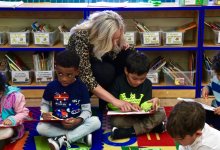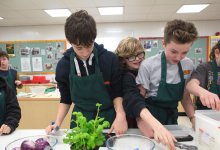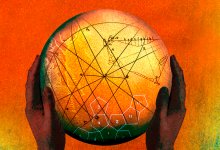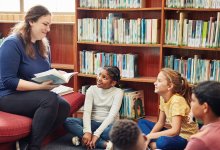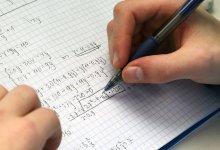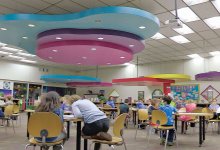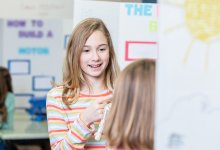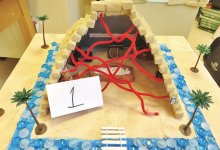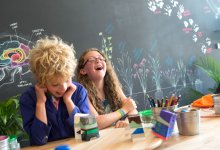Integrated Studies
Discover innovations and best practices for combining multiple academic subjects to prepare students for a world where all knowledge is integrated.
A Handy Framework for Designing Units of Study
People, places, and problems offer rich opportunities for real-world learning. This unit design framework ensures engaging, aligned learning objectives, experiences, and assessments.414An Interdisciplinary Approach to Teaching Climate Change
Combining several content areas can guide students to develop a deep understanding of how climate change affects them and their community.226Designing Interdisciplinary Units in Elementary School
This eight-step framework can help teachers create units that integrate science and social studies with math and English language arts.331Learning Math by Seeing It as a Story
An English teacher co-teaching trigonometry asked students to explain an equation to a child and to turn discrete problems into a story.11.8kUsing Culturally Responsive Project-Based Learning to Teach Core Skills
One school used a PBL unit that combined science, math, and cooking dumplings to explore the many cultures that make up their community.1.4kHow a Literacy-First Program Revived a School
A Title I school in the Bronx is dramatically improving student outcomes—one book at a time.6.6kA Recipe for Interdisciplinary Project-Based Learning
Successfully integrating project-based learning across multiple classes requires careful coordination of learning outcomes and the teaching workload.1.5kBuilding Critical Thinkers by Combining STEM With History
By asking students to explore the history of scientific discoveries, we get them to view their world with more wonder—and more skepticism—and condition their minds to think about causes and effects.3.5kThe Magic of STEM-Related Read-Alouds in Elementary School
Picture books are an excellent way to introduce young students to science and engineering concepts.807There’s More to Calculus Than Equations
A project that encourages students to investigate the origins and history of calculus can boost engagement and promote deeper learning.375Birmingham Covington: Building a Student-Centered School
Educators take on the role of guides and motivate students to direct their own learning.6kThe Meeting of Climate Science and Literature
An eighth-grade student-led project blends reading climate-change fiction with research and ends with a presentation to younger students.183Creating a Student-Run Museum in Your Classroom
Letting students establish a museum exhibit with everyday items offers an opportunity to sharpen their storytelling skills.3.3kConnecting Math and Science to Reading and Writing
Educators in K-12 classrooms are exploring unique ways to bridge the gap between math, science, and literacy.2.8kUsing Science to Bring Literature to Life
Combining science and literature can help students engage more deeply with both subjects.3.8k
